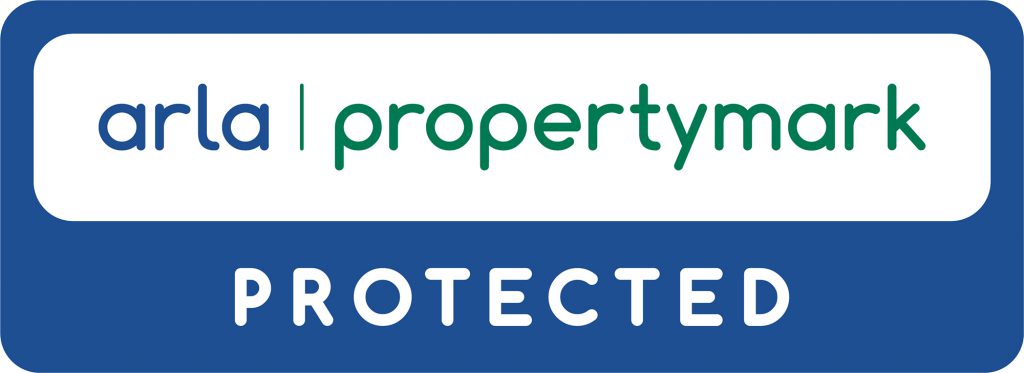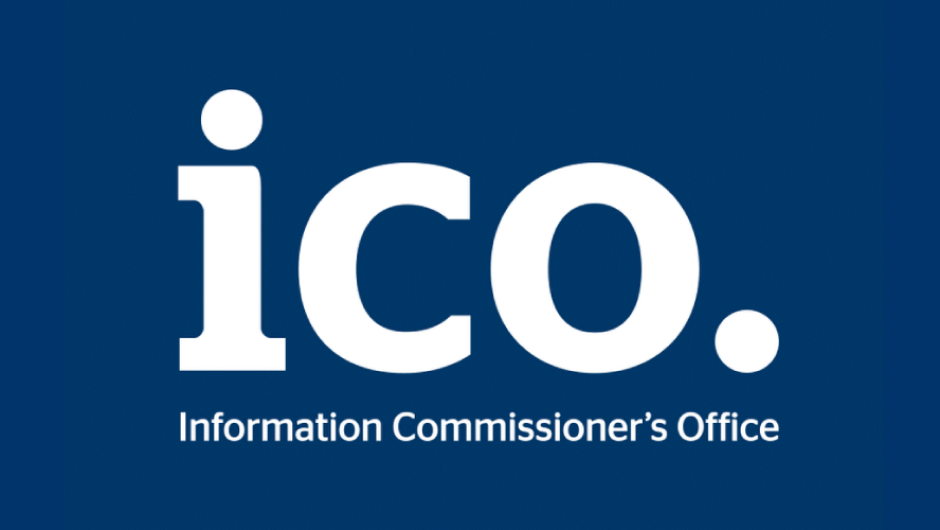1. Right to Rent
As part of The Immigration Act 2016, the ‘right to rent’ legislation came into force in February 2016 meaning landlords have to be sure that tenants can legally live in the UK. Furthermore, since December 2016 the breach of this can now carry a five year prison sentence as well as a £3k fine.
2. Tax relief
Landlords have benefited from mortgage interest tax relief in previous years but since April 2017 this is being phased out. By 2020, landlords won’t be able to offset any mortgage interest and instead will be able to claim a tax credit for just 20% of their mortgage interest.
3. Rogue landlords
The Housing & Planning Act 2016 has produced some key procedures to try and stop illegal and dishonest landlords from operating. It includes the ability to ban landlords who commit an offence from being allowed to rent out properties for 12 months, and establishing a database of rogue landlords and property agents. (Expected October 2017)
4. Stamp Duty
Stamp duty is one of the biggest pitfalls when it comes to purchasing properties both for private and for buy-to-let purposes. Landlords have been hit with a 3% surcharge on properties they purchase over a certain price.
5. Deposit schemes
While compulsory deposit protection schemes have been in place a while, landlords should keep an eye on the legislation surrounding this. There are significant alternatives coming to market which could make the process much more complicated, such as tenancy insurance and free deposit renting in certain sectors.
6. Energy Performance Certificate (EPC)
An EPC is required when any property is built, sold or rented, and lasts for 10 years. New legislation is ordering that all new and renewing EPC certificates in the private rental sector must be rated E or above by 1st April 2018, and any tenancy (new or existing) must meet these standards by 2020.
7. Evictions
Since 2015, there have been new regulations in the complex Section 21 eviction process, and landlords who manage their own properties needing to undertake this process may not be aware of the legalities now enforced.
8. Letting agent fees
There are plans to abolish letting agent fees for tenants meaning the costs for things like credit checks, tenancy agreements and agency fees could pass over onto landlords. If these plans proceed, it will be a change that landlords will need to factor into their 2018 budgets.
9. Landlord licence
Landlords could be made to agree to strict management rules in order to bring a uniform structure to the way the rental market is executed. If landlords do not adhere to these rules then they may face charges and fines. Some councils are already operating these types of licencing schemes.
Keeping on top of landlord rules and regulations is an extremely stressful and challenging part of the job, especially if you only manage just one or two properties on top of your existing career commitments. Bringing on a trusted and professional rental management company takes away all of these pressures. Speak to the team at Ogilvy & Sneyd today to find out if you should be doing more than you are!
Ogilvy and Sneyd provide a bespoke residential property management and lettings service for property investors, buy-to-let investors, and property landlords in Staffordshire and Nottinghamshire. For advice on your portfolio, call our Staffordshire branch on 01538 360245, or our Nottingham branch on 0115 7528399.











